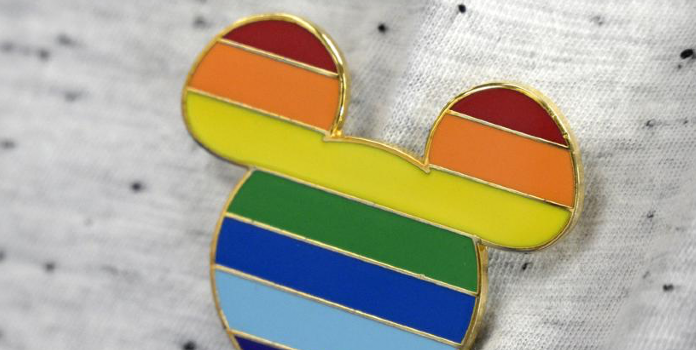(Tony Sifert, Headline USA) Brand executives are desperately searching for answers in the midst of historically high “customer volatility,” according to a consumer loyalty survey produced by the accounting firm PricewaterhouseCoopers.
The survey found that 1 in 5 customers—or 20%—were now likely to abandon their longtime loyalty to newly woke corporations on the basis of a company’s overt political posturing.
But the survey’s findings were unlikely to deter the pernicious practice, which is driven largely by internal pressures from radical leftist investment firms like BlackRock, as well as well-funded pressure campaigns by activist organizations.
The “unprecedented connectivity” between brand and consumer in the Big Tech era has led to a situation in which many consumers are forced to choose between companies on the basis of their respective stances on what PwC calls “environmental, social and governance (ESG) issues.”
Though bad customer-service experiences remain the chief reason for dropping a brand, Baby Boomers evince an inclination to boycott companies with which they do not agree politically, while younger consumers tend to seek out companies whose stances on ESG issues match their own.
The cost of “going woke,” in other words, is high; but so is the cost of staying out of politics altogether.
One PwC employee suggested to Axios that employee satisfaction is the major reason that companies begin to engage in woke political activism.
“Many companies who take stances do so to increase loyalty amongst their own ranks, and in this tight labor market, that is incredibly important,” PwC customer transformation and loyalty partner Jon Glick told Axios.
Other highlights from the survey showed that for one-third of consumers, “human interaction” is necessary in order for loyalty to come into being; yet over 50% suggested that an excellent “online shopping experience” is also necessary.
The survey also heralded the increasing dominance of the subscription economy.
“More than half (55%) of consumers in our survey said they belong to at least one type of subscription service that allows them to make regular payments for access to a product or service,” PwC reported.
Loyalty in the subscription economy depends upon a customer’s willingness to share their personal data, and PwC’s survey suggested that customer’s are increasingly likely to do so, especially where personalization brings discounts and rewards.
BMW, for instance, has recently begun to sell heated seat subscriptions for cars sold in the UK and Germany, among other countries.

